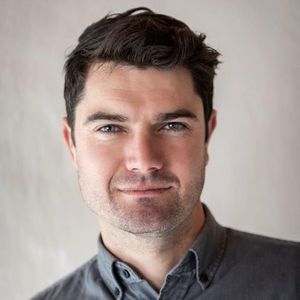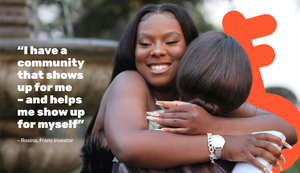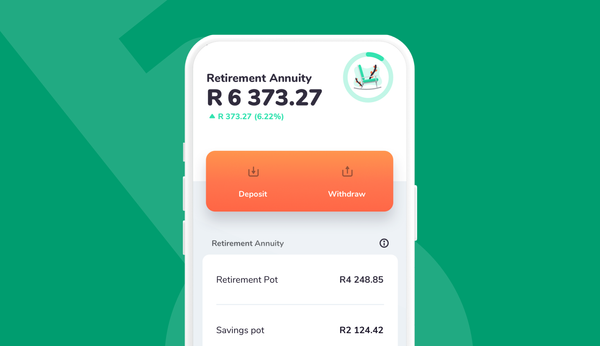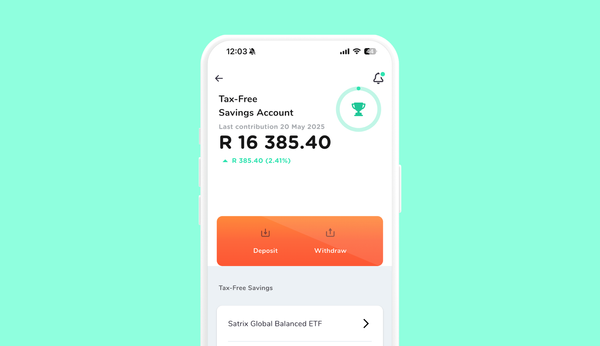So a few weeks ago was the first week-long bootcamp of Google for Startups Accelerator Africa programme. The programme itself is split into 3 months, with the first week of each month consisting of a condensed crash course in all things tech and how to build a business better, faster and smarter.
In previous years, the founders and senior managers of the participating companies have travelled to Lagos and Nairobi for the bootcamps. Unfortunately, because of COVID-19 it was a virtual affair. This was unfortunate because I think that one of the most potent aspects of the programme is to connect with fellow entrepreneurs across Africa who are probably dealing with some of the same issues. To compare notes over the course of the week could likely have been enlightening and insightful. The upside is that more of our team members can join some of the sessions which would not have been possible if the sessions were on site.
Nonetheless, the days were jam packed with morning workshops given by Google employees and experts familiar with Google products for business - everything from how to build an AI led startup to how to manage a team for focused execution. The afternoon sessions were filled with 1-on-1 mentor sessions, again with a network of experts both within Google and associated with Google.
It’s hard to say which sessions were most valuable for us. Given that the mentor feedback was very specific to Franc, I’ll focus on the two major takeaways from the workshops: firstly, how to use design sprints to never stop solving for the customer and, secondly, how to manage a growing team.
So some of you may have heard of user centered design or design thinking before. In case you haven’t, here’s a short history. Donald Norman is the Director of the Design Lab at the University of California, San Diego. Way back in the 1980’s Norman published a seminal work entitled User Centered Systems Design, which outlined an iterative design methodology that flows from placing empathy at the core of the process. In 1993, he joined Apple with the self-selected job title of User Experience Architect. The success of Apple led to tech companies across the world following suit and now it is the de facto product design methodology.
Google has boiled down the methodology into week long design sprints, which bring the whole team together to understand people and the problems they are facing. It then designs solutions to their problems. It’s not rocket science, but the devil is in the detail - truly focusing on the need, a physical or social requirement or want of a person or group of people, then identifying a solution, an object, action or process that satisfies that need. In reality not all needs are explicit, so the only way to identify the unseen or implicit needs is to put yourself in another person’s shoes. For anyone who is keen to learn more, I’d highly recommend Jake Knapp’s book Sprint: Solve big problems and test new ideas in just five days.
A second insight of the week, and one we’ve already adopted is a management framework known as Objectives and Key Results or OKRs for short. In short, there are two competing management frameworks. Most companies, at least Discovery and the few other corporates I’ve been exposed to, use Key Performance Indicators (KPIs) to manage their employees and assess performance. Now the problem with KPIs is that they were developed by Frederick Taylor in 1911 and came to the fore driven by the American industrial revolution and companies like Ford Motor Company and General Electric. The problem is it aims to optimise people working in a production line building widgets. A very different environment to a startup trying to innovate.
"If you don't know where you are going, you'll end up someplace else” - Yogi Berra."
OKRs are not rocket science either. At a high level, the leadership of the team needs to define the objectives - what are you trying to achieve? Then the Key Results are whatever is going to measurably get you there (or at the least on a milestone towards your objective). What I personally like the most about OKRs, is that it facilitates bottom-up innovation, because if every team knows exactly what you’re trying to achieve then they can come up with their own innovative solutions (ideally developed through design sprints) that can help the company achieve its objectives.
So for the remaining two months of Google’s Africa Startup Accelerator programme, our objectives are simple:
- Help more people invest
- Help people invest more
- Increase the time spent adding value to the business
The first two are clearly core to Franc’s mission as a business. To democratise access to investments for all South Africans and help all Franc users build sustainable wealth for themselves and their families. The last objective has more to do with process. As a small team we’re often running around putting out fires and fixing bugs and we hope that by improving our development process, automating as much as we can and choosing the right tools for the right jobs, we can free up our time so that we can spend more time solving your needs.










